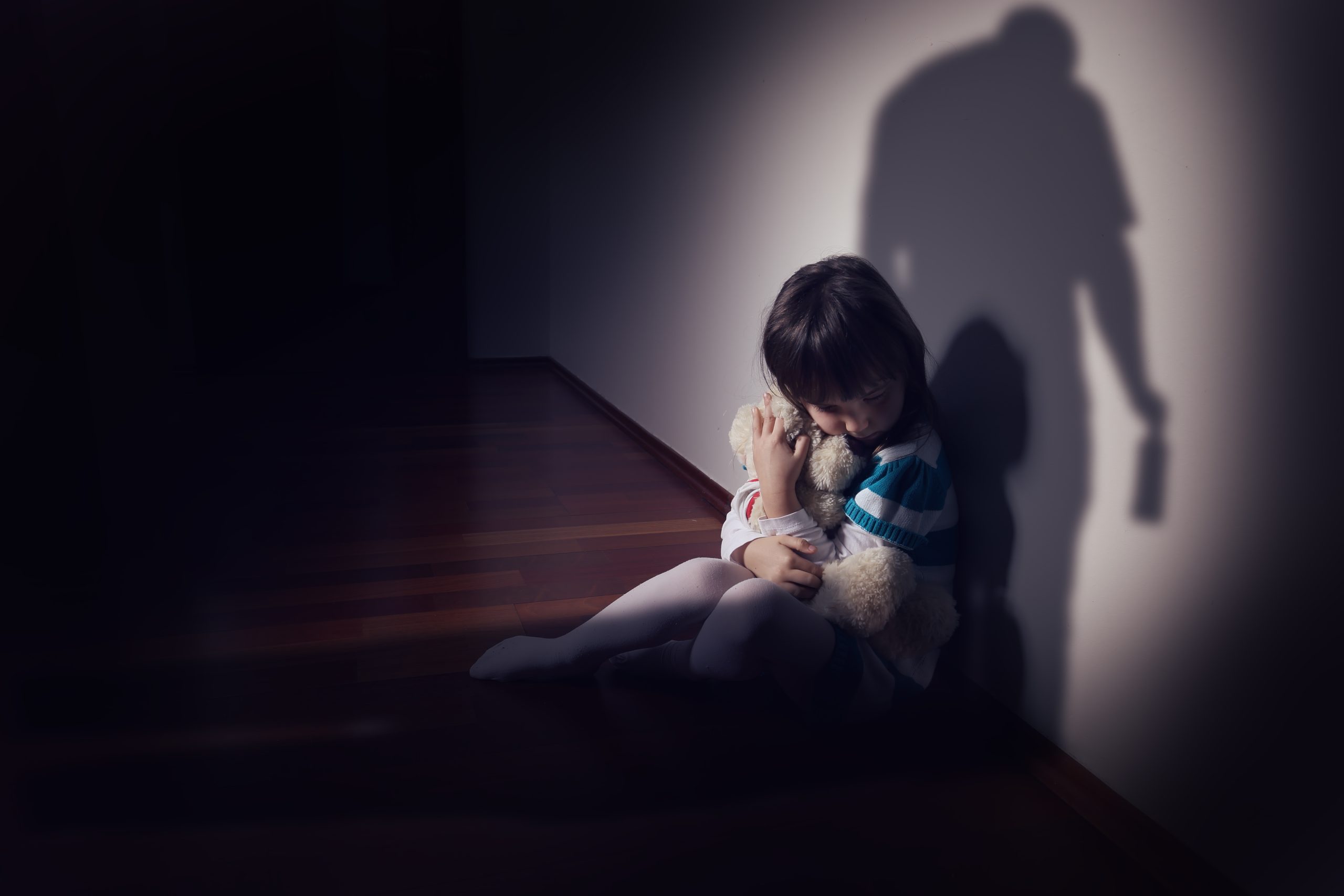It’s hard to imagine a child going through abuse and not saying anything about it. Unfortunately, many children stay silent even when they are suffering. Why is this the case? Understanding the reasons can help us create a safer environment where children feel they can speak up.
Family Dynamics
Family should be a sanctuary for children and they are taught that this is where they belong to. But, what if the parent is the one that abuses the child or the spouse abuses his/her partner, or a sibling hurts the other? Children of this generation need role models and since the best role model is in the home we turn to the family members. If the abuser is a parent or any other near-relative to the child, the poor soul has no place else to run to. They may be afraid of rejecting their families’ love not being accepted, or worse, being accused of having caused calamity. In some situations, they may not even know that what is being carried out is immoral because it is being practiced within the family and people trust the people in their families.
Cultural Expectations
Abuse is an issue that has regional differences because culture dictates how children handle such cases. In some cultures, there is a high degree of obedience to parents and authority figures since they are seen as something greater and wiser than the children. This can be quite embarrassing for a child to come forward and report a relative who is older than him or her. Also, the latter stated that some cultures do avoid discussing family issues in public, thus children cannot seek help on this subject from strangers. They might be warned not to tell anybody about their family’s business and “don’t want to bring up any bad things,” which should have discouraged them from seeking help.
Fear
Fear is a powerful emotion that can paralyze anyone, especially a child. They might be scared of the abuser, scared of not being believed, or scared of the consequences of speaking out. The fear of punishment, rejection, or causing more problems can make the idea of staying silent seem like the safer choice. Even if the child wants to speak up, this fear can be overwhelming and keep them from taking action.
What Can We Do?
Children must be able to speak freely and knowing how to do that in the safest way possible is critical. Specifically, caregivers should be receptive and non-captious to the feelings and experiences of children, to make them understand they can trust and share details without facing negative consequences. Child abuse can be prevented by taking time to educate children on the vices and teaching them that it is alright to report such incidents. Schools and other communal groups should come in and help the children learn these vices. These cases require that society stop such practices that keep the children in fear so that any child can know that they cannot be denied the right to be protected and be listened to.
Remember that if you see or even have a hunch that a child is being abused, you need to act because it’s one of the honorable things you can do. Let them speak, believe, and do not hesitate to look for help from any specialists if needed. Knowing all these causes for children to remain quiet, concerted actions must be taken to guard these children and assist them in dealing with their fear and come out clearly and report the abuse.
Rising Up: A TRUE STORY OF CHILDHOOD ABUSE by Nancy Pusateri is a great example of how fear and family cultures keep children from speaking up. The book entails the author’s personal journey through abuse and her survival and coming out of the darkness. The book brings hope to individuals experiencing the same! Available on Amazon.
